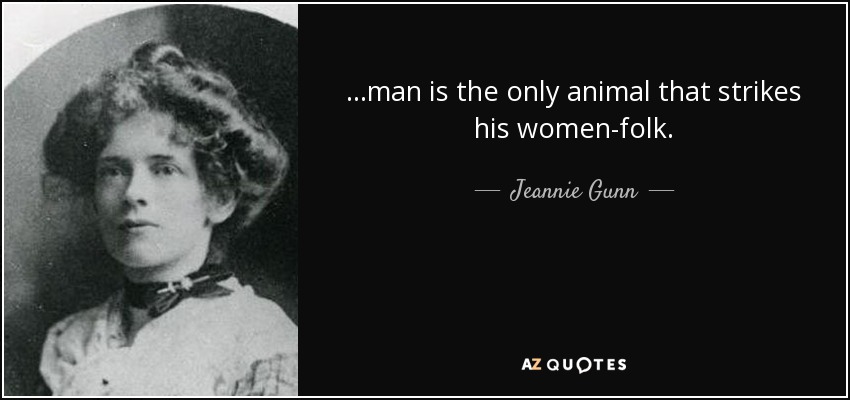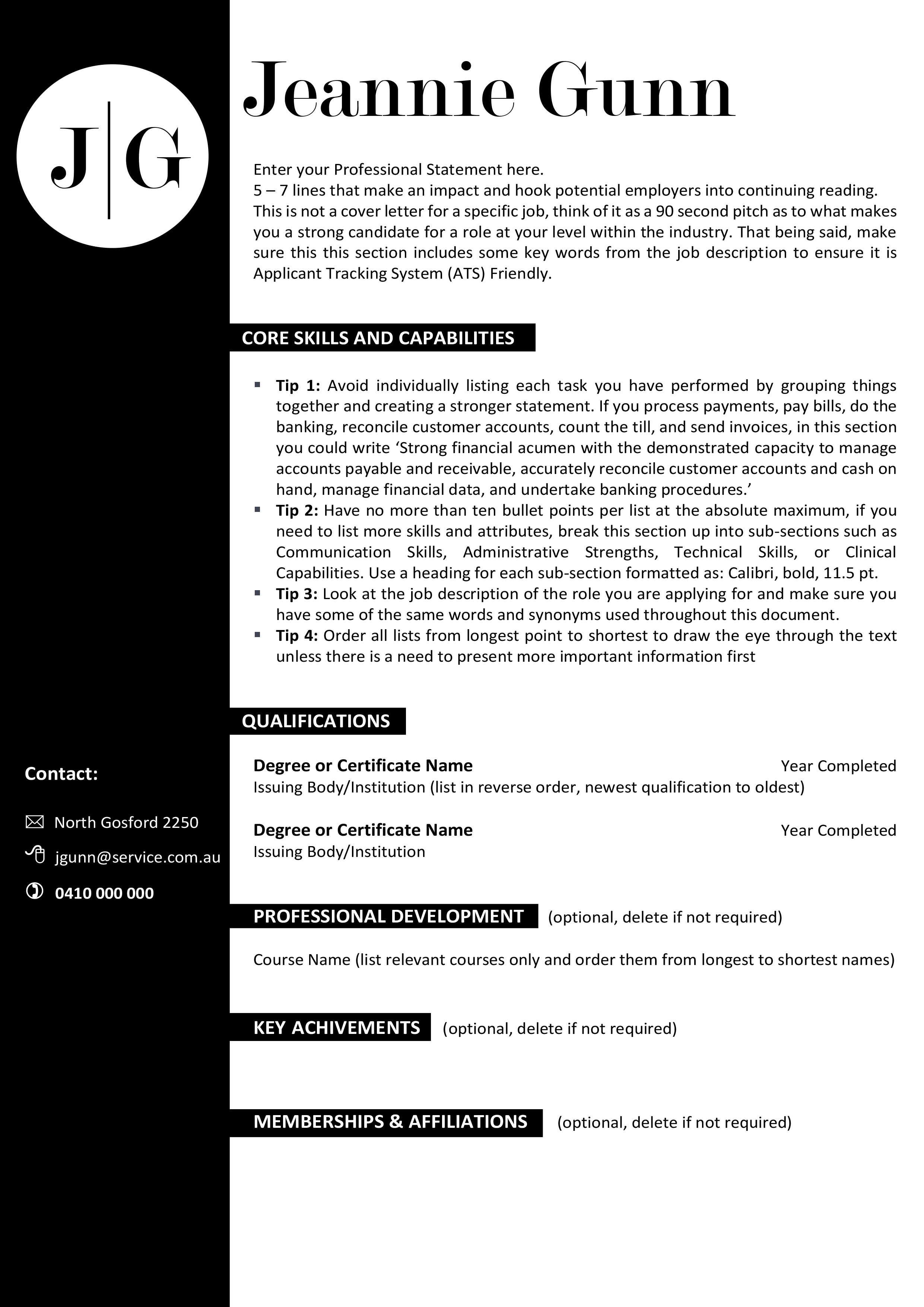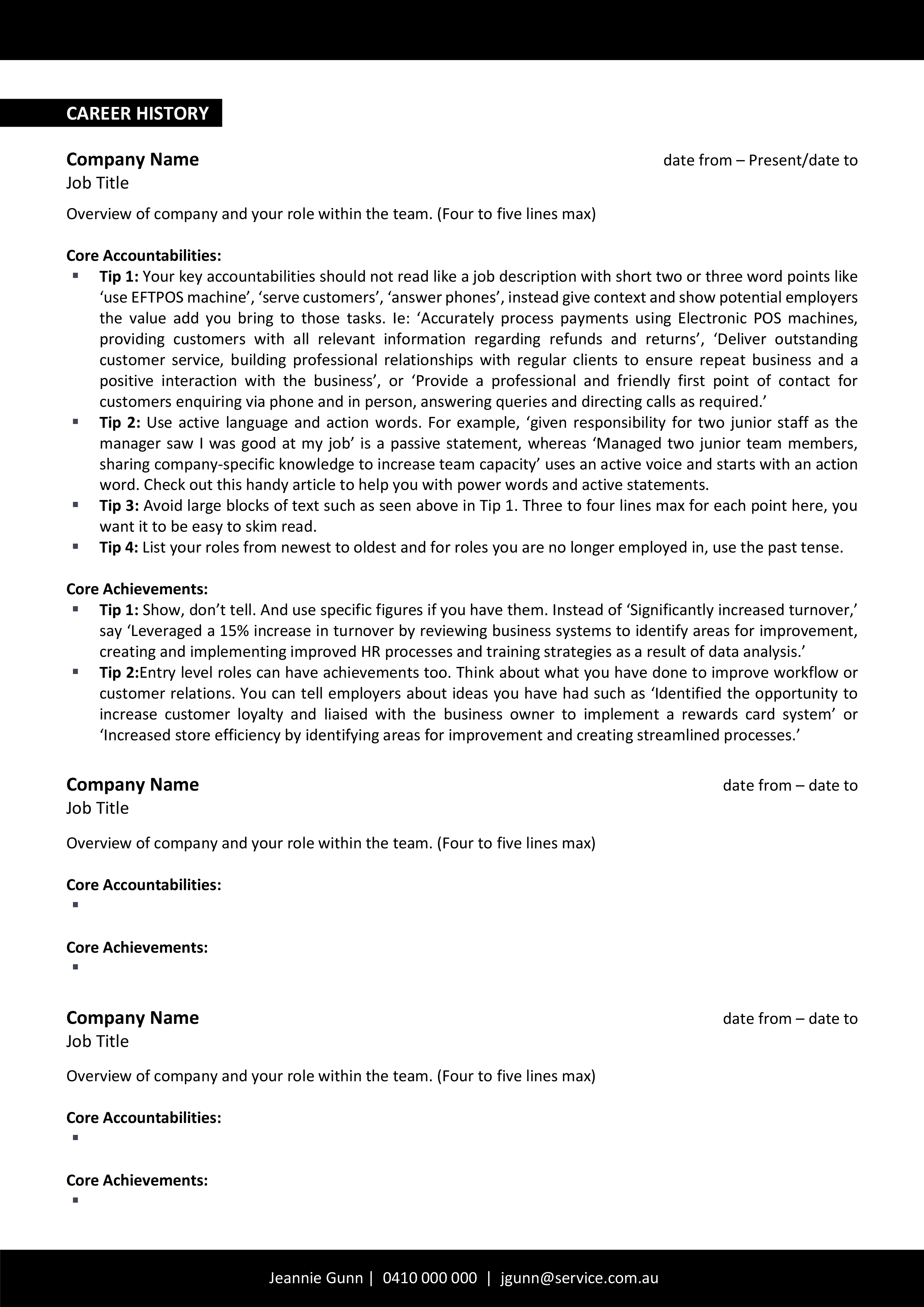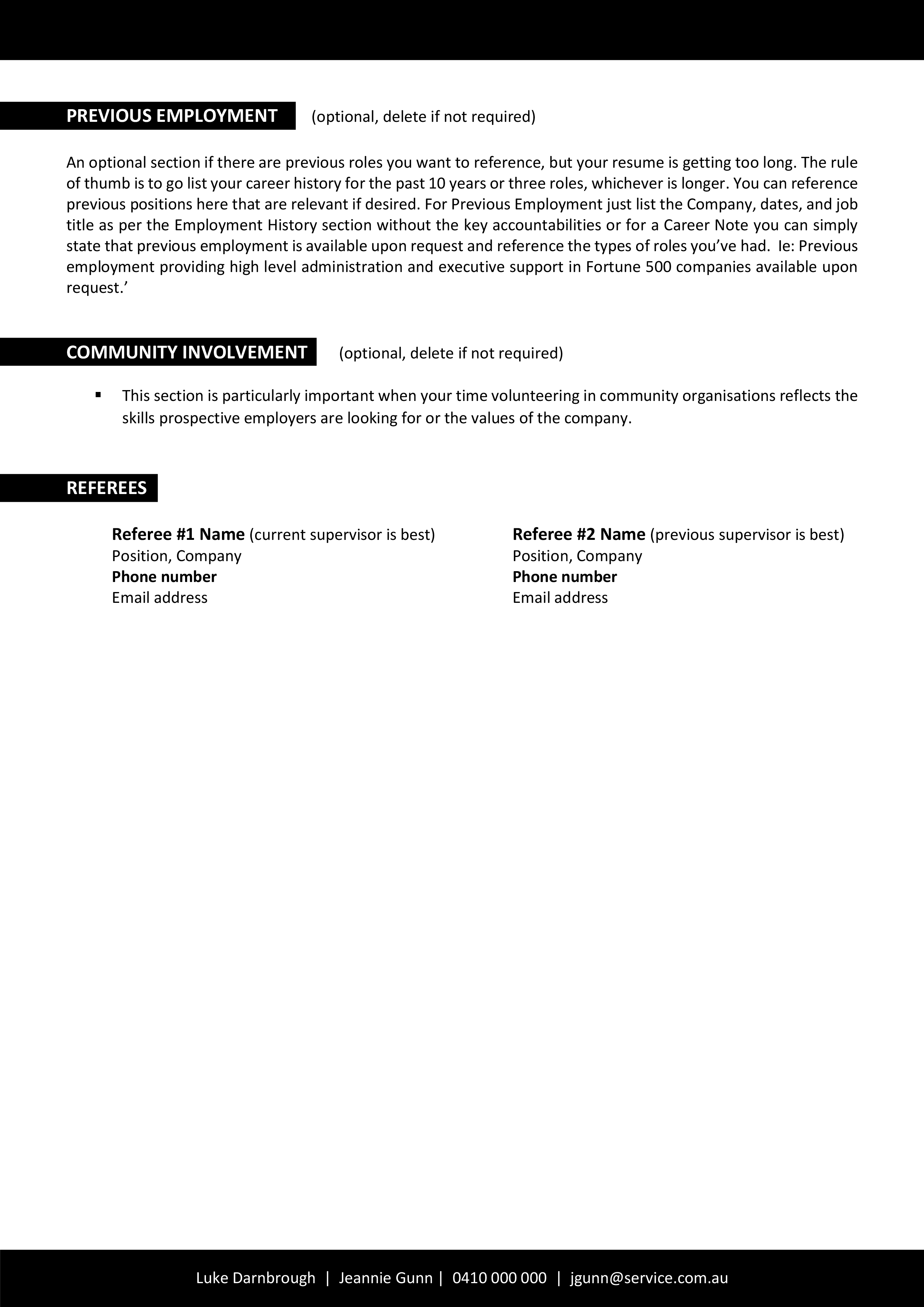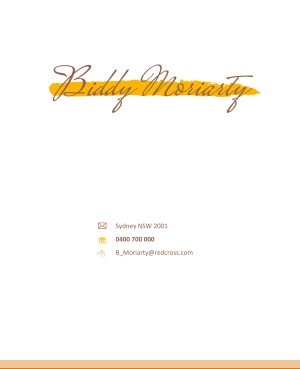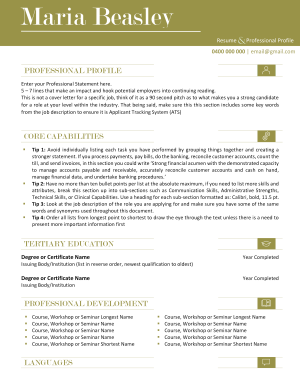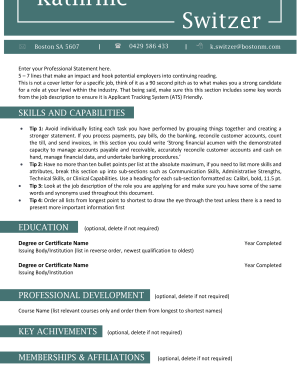Awarded an OBE in recognition of her services to Australian Literature and to disabled soldiers and their dependents, Jeannie Gunn is best known as Mrs Aeneas Gunn, author of the classic Australian novel, We of the Never Never. Despite her diminutive stature of just 5′, Jeannie Gunn had a large presence in the classroom as a teacher, with her students commenting that “outings with her were as ‘exciting as setting off to the moon'”. Newly married, in 1902 Jeannie Gunn left Melbourne where she had been raised, established a school and worked as a visiting teacher where she taught gymnastics and elocution, and set sail for Darwin where her husband would manage a sheep station 500 km south of Darwin.
Thriving in the rugged Australian outback, Jeannie Gunn proved the locals wrong about a white woman not being suitable for station life. Her time on Elsey Station was short lived, however, as her husband died of dysentery in March of 1903. Not one to let life’s trials within a three years she had written the first of the two books that led to the Melbourne Herald ranking her as the third most popular Australian author many years later. Although her stories of life in the outback were published as works of fiction, the stories of Bett-Bett in The Little Black Princess: a True Tale of life in the Never-Never Land and her own experiences in We of the Never-Never were patent retellings of real-life experiences with the names of the characters changed for anonymity.
Returning to live with her sisters in Melbourne after travelling overseas, from WW1 to WW2 Jeannie Gunn dedicated her life to caring for the welfare of soldiers, ex-servicemen and their families. Becoming the unofficial liaison between returned soldiers and the Repatriation Department, she fought hard for ‘her boys’ and it was remembered that:
“She was a very quiet and unassuming lady, very mild mannered and a very caring sort of a person. I think she saw the best in people most of the time; she always had a kind word or something for people. Anyone she felt was getting a rough deal from the Repat she’d delve into it and would get involved with all these causes. I think she was one of those ladies that could get her own way in a very quiet manner”
Awarded an OBE in 1939 in recognition of her services to Australian Literature and to the disabled soldiers and their dependants, it was after her passing in June of 1961 that her final manuscript, My Boys – A Book of Rememberance, was posthumously published in 2000.
